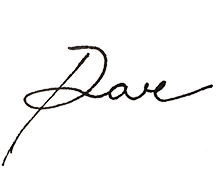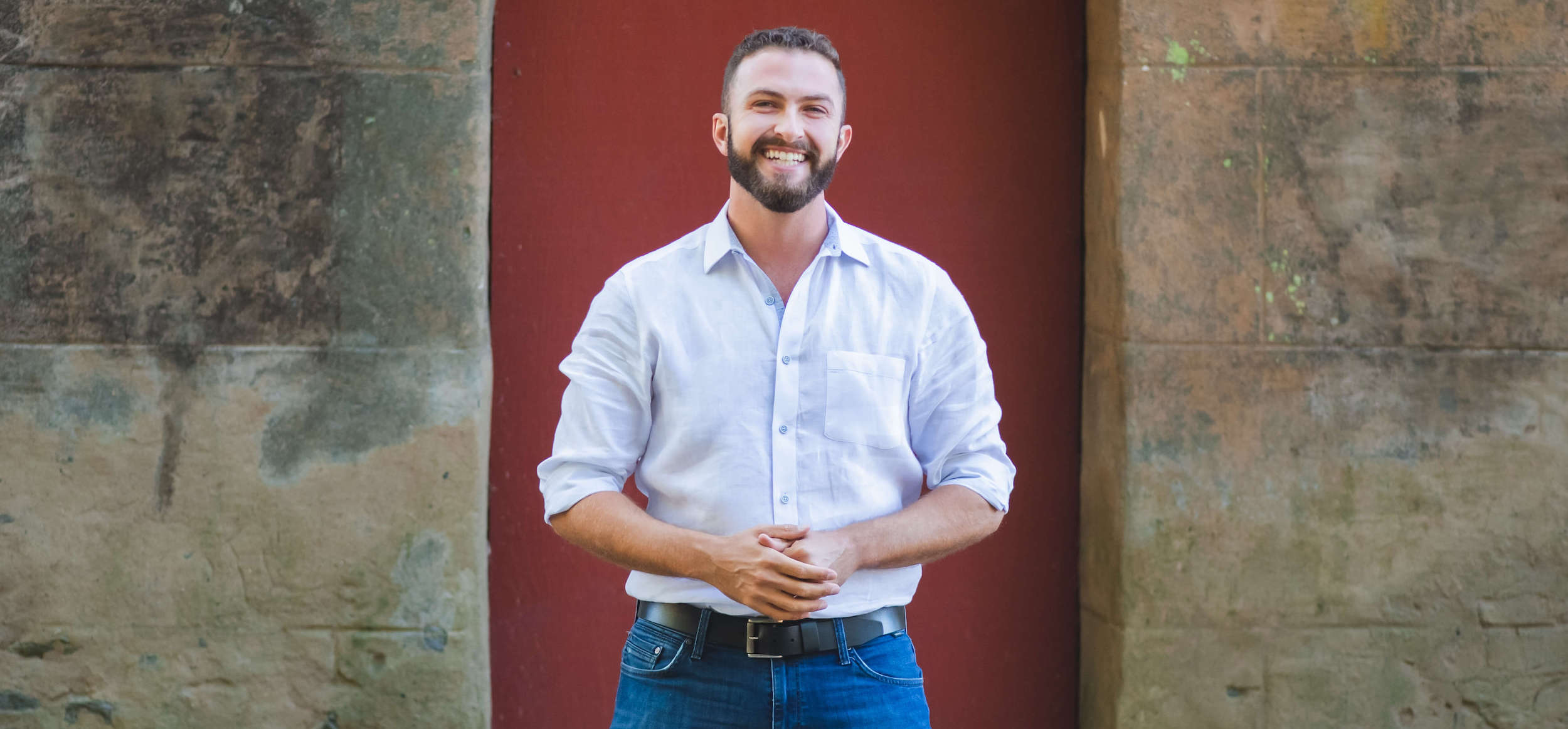Do you feel like you need to slow down and catch your breath this week?
If so, you certainly wouldn’t be alone!
Over the last week, I’ve noticed a general atmosphere of fatigue, exhaustion, and burn-out in my many conversations with coaching clients, peers, and friends.
When we take a moment to acknowledge what’s been going on lately, it’s easy to understand why burn-out has finally caught up to us — if it hasn’t already in 2020.
As we have been discussing together for weeks now, some particularly big, weighty events have continued to shape news headlines across the world lately. These meta-narratives, or collective stories, of which we are all a part, carry particular gravity because we all understand that they are literally beyond us to influence or change on our own.
Of course, even when circumstances and events feel outside of our control, we still retain some power and personal agency to tell our stories for ourselves.
And yet, my friend, I myself have never found it possible to just “will myself” out of exhaustion. I’ve never really been able to “story my way” out of bona fide fatigue.
When we’re really, truly, plain ol’ tired — mentally, emotionally, and physically — trying to “tell a different story” has real limitations.
When we’re tired, what we require is rest and replenishment.
Today, I’m sharing a short set of three reflective prompts that I personally consider to be very cathartic and regenerative: they guide you to acknowledge the big-picture sources of your potential fatigue — namely, the meta-narratives or collective stories of our time — and then to express your feelings around how you’ve been interpreting and receiving them lately.
With fresh awareness to guide you, you can respond more appropriately to your fatigue or burn out, and begin to appropriately replenish yourself.
Oh, and, in addition to guiding a short journaling session, these questions are also a great guide for an intimate conversation with a loved one whom you trust and wish to connect about how you’ve been feeling lately.
May they help you catch your breath this week!
Hooooosahhhhhh.
Journaling Prompts to Catch Your Breath
1. “What’s been happening lately?”
(Or, start with the meta-narratives)
Ever wonder why losing electricity for a few hours or an Internet connection just for a few minutes feels like it’s actually dominating your day or changing your “whole life”? Part of the disruption isn’t just the uncertain circumstance, but the unsettling feeling that something is outside of our own control to change or fix.
Feeling powerless is emotionally soul-crushing, mentally constraining, and spiritually exhausting.
Part of the implicit anxiety is realizing something is happening that is bigger than our own ability to control, influence, or change “all on our own.”
Your first task is to begin with a big picture observation of the collective stories that have been seeming to dominate your attention: the big picture, meta-narrative events that have been dominating your outlook lately.
Call them by name. Get specific with what’s been “happening out there” from your vantage point. Start by naming one or two events, circumstances, or influences:
- The US Presidential Election and what would happen even after the results were all counted
- The pandemic spiking and looking like we’re heading for another period of lockdown
- The autumn season seeming to be turning to an early, possibly long winter
What’s been happening?
What’s been unfolding?
What’s happening “out there” that has been causing you to feel the gravity?
State it plainly.
2. “How has it felt around me?”
(Or, get closer to home)
Having named the meta-narrative(s) first, your next task is to get a little closer to home by exploring how these big events have been unfolding around you.
How are people in your circles (family, friends, peers, coworkers, clients, and so on) and in your corner of the world (your neighbors, local community, neighborhood coffee shop, on local NPR, in your home state or county, etc.) been handling things?
How have they seemingly been reflecting, amplifying, or responding to those big events in the spaces you share with them, all around you?
How has the atmosphere that you share with others — in your immediate family, among your group texts with friends, among clients and coworkers, etc. — been affected by these meta-narrative stories? Has there been added strain? Added struggle? Added pressure?
How have others around been receiving the big stories that you’ve been affected by?
Have they been accepting of them or denying them?
Reckoning with or avoiding them?
How are the meta-narratives being amplified or reflected through those around you?
3. “How have I been receiving that?”
(Or, make it personal)
You’ve set the stage by calling attention to the meta-narratives that have seemingly dominated the “whole world” lately. Then, you observed how those big stories have been influencing and permeating through your localized corners of life and the circles you share with others.
Finally, it’s time to put even more language to how you have personally been receiving, engaging with, and feeling affected by these complex layers of story:
- How have you been feeling lately?
- How have you been receiving all of this gravity?
- What has your personal experience of these meta-narratives been like?
- What has the experience felt like, resembled, or done to/for you?
- Can you find 3 words or feelings that start to sum up how you’ve been doing?
If you want to dive even deeper into your journaling session or conversation with a loved one, you can explore the nuance of how you’ve been feeling on emotional, mental, and physical levels.
(All three realms of our human experience are absolutely interconnected, but sometimes it can be helpful to try to refine your feeling-experience through the lens of each, uniquely.)
Use the following to help bring your feelings into even more form and shape:
3a. “How have I been feeling emotionally?”
- What’s going on in my heart?
- Am I afraid, hopeful, a combination of both? What’s the percentage split?
- Am I feeling closed off, vulnerable, or like I’m putting on a brave face?
- Do I feel any more shorter-tempered, cynical, or jaded?
- Am I hearing myself use extra dismissive language (“I don’t care,” “Nothing changes”), or coping-based turns of phrase (“It is what it is,” “The world keeps turning”) or other unfamiliar language lately?
3b. “How have I been feeling mentally?”
- How’s my head? How’s my mind? How’s my outlook? How’s my mental health?
- Has my attention been focused on things other than my ordinary priorities or usual responsibilities?
- Do I feel distracted or extra “stretched thin” this week/month?
- Am I running out of mental energy and brainpower earlier than usual on any given day?
- Do I hear myself expressing disbelief (“I just don’t get…,” “I can’t understand…” “I can’t wrap my head around…”) or struggling to find words for how you are feeling, doing, or interpreting events around you lately?
3c. “How have I been feeling physically?”
- How’s my body? How’s my digestion? How’s my energy?
- Have I been experiencing any physical symptoms of stress (skin breaking out, tension headaches, lack of appetite, irritable stomach, etc.)?
- How has my body been speaking to me?
- Am I any more noticeably tired or energized?
- Am I sleeping any more or less?
- Has my appetite changed? Have my tastes shifted? Am I craving sweets, comfort food, snacks, or alcohol/other substances for comfort, or “because I deserve it,” or for pure indulgence?
- What is my body craving, calling for, wanting?
Acknowledge, Share, Get Aware
For me and my coaching clients, one of the most powerful practices for developing rooted and lasting self-knowledge is also one of the simplest:
- Acknowledge how you are feeling
- Share it (with yourself, a trusted loved one, or a professional partner/peer who understands how to hold space for you)
- Use the awareness to consider thoughtful change, action, or appropriate response
This is a practice I repeatedly use myself, too, to ground and center me in my days. Acknowledging how I’m feeling — and reading the signs of what my mind, heart, and body seem to be sharing with me — supports my best work, bolsters my self-confidence and sense of self-sufficiency, and leads me toward taking integrated and sustainable actions in the directions of my goals.
(Ask any of my coaching clients, and they’ll tell you the same!)
No matter what’s going on in the world, we owe it to ourselves to continually return to our selfhood, first, because answers lie within. Truth starts within.
Remember: we absolutely can acknowledge world events, respect them, participate in them, and hold space for all that’s happening around us… while still taking care of our own needs and wellness.
Return to your Self, over and over again.
Tune in.
Genuflect before the altar of You.
Even for 5 or 15 minutes of journaling per day.
We can only ever lead others as far as we have journeyed into our own truth.
As we each strive to lead by example and be a part of positive change in our own ways — in our businesses, with our creative expressions, among our families and friends — we must continually return to, and make peace with, our own selves.
This is the relationship that governs how we move, live, act, serve, and speak in the world.
Catch your breath, my friend,
You deserve it.

